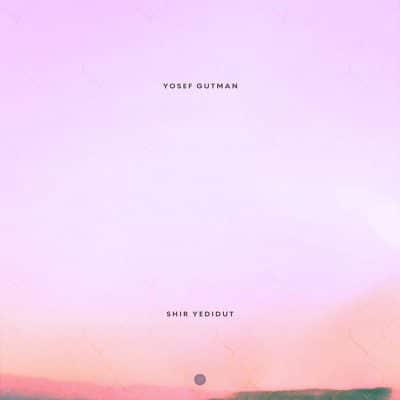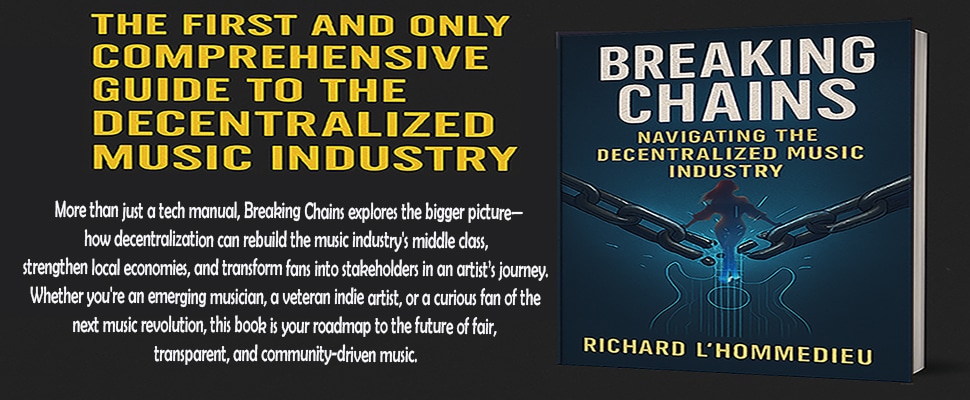Yosef Gutman Levitt Shir Yedidot
 Yosef Gutman Levitt
Yosef Gutman Levitt
Shir Yedidot
Soul Song
This is our fifth review on these pages for Jerusalem-based Yosef Gutman Levitt, including the 2-for-1 Why Ten? and Unity. There is such a soothing and melodic quality to the bassist and composer’s music that, at least to these ears, proves irresistible. Some may describe the music on Shir Yedidot as mournful or sorrowful, but the melodies are highly accessible, deeply spiritual, and downright beautiful. We’ve written about Chabad nigunim (Hasidic wordless melodies) before. Those strains, as well as original compositions, form the basis of this work. Levitt says this, “Sometimes the ethnic character of traditional performances can overshadow the pure musical essence of these pieces. This album takes a different path, neither stripping the music of its roots nor forcing it into a modern frame, but letting it find its own new space.”
The pianist is the renowned ECM recording artist, Yonathan Avishai. Yagel Haroush plays the Persian bowed instrument, the kamancheh, the oud, and the ney, a wooden flute. Yoed Nir is the cellist. Yishai Afterman is on percussion along with Amir Bressler on select pieces. Gilad Ronen, Levitt’s go-to collaborator and co-producer, appears on woodwinds and crafted the arrangements. Levitt is noted for his five-string acoustic bass (built by Harvey Citron, Steve Swallow’s luthier) and also plays the conventional upright bass. These musicians are spiritually inspired. They understand this music, whether centuries old or newly composed. The listener need not be Jewish or familiar with traditional Yiddish music. The meshing of those forms with contemporary elements makes for inviting music.
Avishai’s beautiful piano intro gives way to the strings of Haroush (who also adds the ney) and Nir’s cello in the traditionally sounding opener, “Pode El Hashem,” setting the atmospheric tone for the album. “Ya Lach Nafsi,” a single, offers a stirring Moroccan melody, with unexpected pauses and harmonic shifts as the pianist converses with Haorush, who plays all three of the instruments in his arsenal on this piece, bolstered by Afterman’s sensitive cymbal flourishes.
The unison bass and piano form a sprightly intro to the nigunim “Nigun Gaaguim,” which also highlights the ney and cello. “Vehacoahim” is another nigunim presented as a highly melodic, but pensive ballad. “117 Yediot” is hymn-like with a simple chord structure and yearning melody. “Azamer Bishvachin” is another ballad, driven primarily by Avaishai’s unhurried, sensitive piano, with the kamacheh and bowed bass. By contrast is Levitt’s original, “Burning Fire,” which gallops along and features both unison passages and improvisational embellishments of the melody. “Haroe” plays to a deliberate pace, the cello and kamacheh blending beautifully on the melody as Avishai supports with a pattern of his own. The album closes with two traditionals – Yedidot 157 and Yedidot 259, the latter with a triumphant quality but both emblematic of the highly textured, stirring music that runs throughout. Just close your eyes and let this music wash over you.
If you find this music compelling, please also check out our previous reviews of his work and delve into his catalog. Levitt delivers some of the most calming music to be found anywhere, as he’s done again here on Shir Yedidot.
- Jim Hynes
Buy Us a Cup of Coffee!
Join the movement in supporting Making a Scene, the premier independent resource for both emerging musicians and the dedicated fans who champion them.
We showcase this vibrant community that celebrates the raw talent and creative spirit driving the music industry forward. From insightful articles and in-depth interviews to exclusive content and insider tips, Making a Scene empowers artists to thrive and fans to discover their next favorite sound.
Together, let’s amplify the voices of independent musicians and forge unforgettable connections through the power of music
Make a one-time donation
Make a monthly donation
Make a yearly donation
Buy us a cup of Coffee!
Or enter a custom amount
Your contribution is appreciated.
Your contribution is appreciated.
Your contribution is appreciated.
DonateDonate monthlyDonate yearlyYou can donate directly through Paypal!
Subscribe to Our Newsletter
Order the New Book From Making a Scene
Breaking Chains – Navigating the Decentralized Music Industry
Breaking Chains is a groundbreaking guide for independent musicians ready to take control of their careers in the rapidly evolving world of decentralized music. From blockchain-powered royalties to NFTs, DAOs, and smart contracts, this book breaks down complex Web3 concepts into practical strategies that help artists earn more, connect directly with fans, and retain creative freedom. With real-world examples, platform recommendations, and step-by-step guidance, it empowers musicians to bypass traditional gatekeepers and build sustainable careers on their own terms.
More than just a tech manual, Breaking Chains explores the bigger picture—how decentralization can rebuild the music industry’s middle class, strengthen local economies, and transform fans into stakeholders in an artist’s journey. Whether you’re an emerging musician, a veteran indie artist, or a curious fan of the next music revolution, this book is your roadmap to the future of fair, transparent, and community-driven music.
Get your Limited Edition Signed and Numbered (Only 50 copies Available) Free Shipping Included
Discover more from Making A Scene!
Subscribe to get the latest posts sent to your email.








